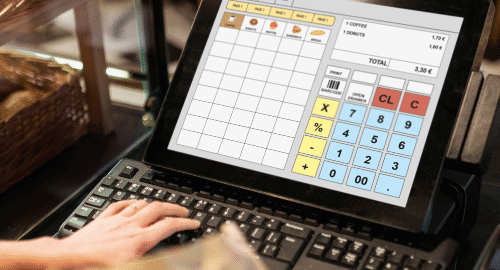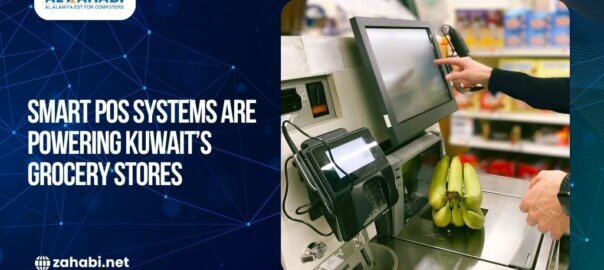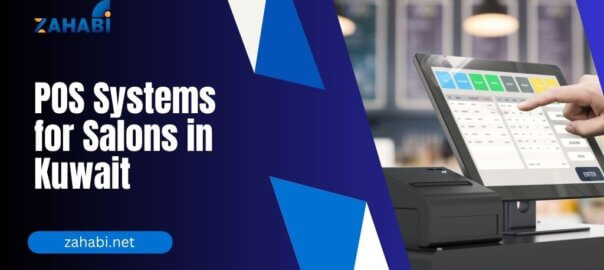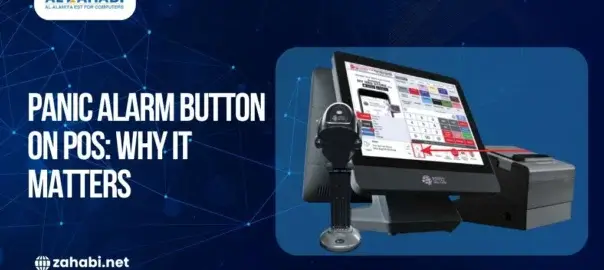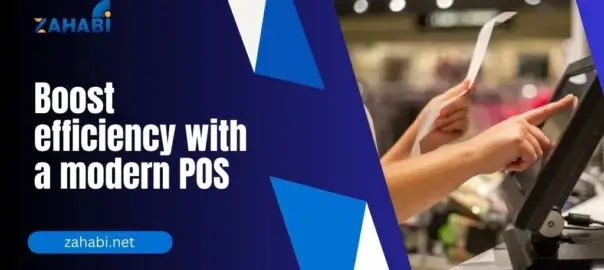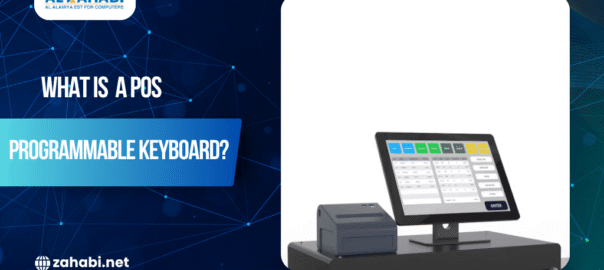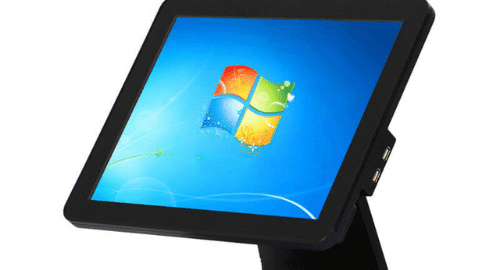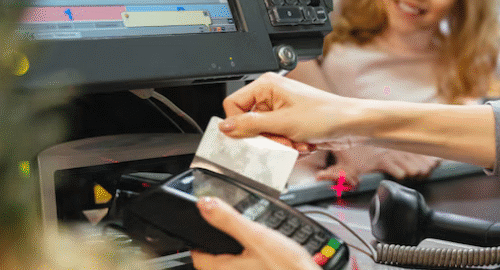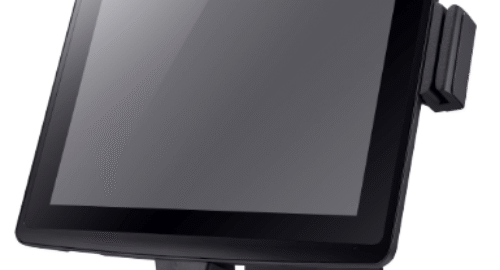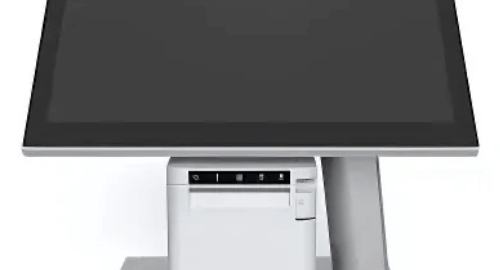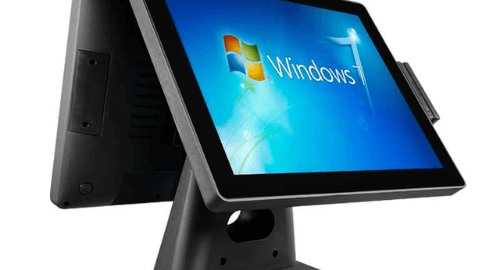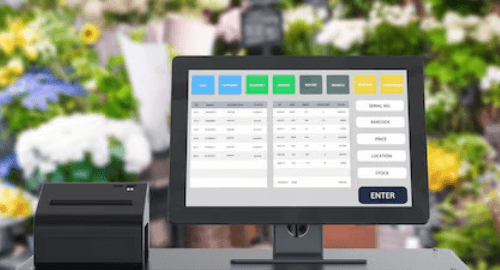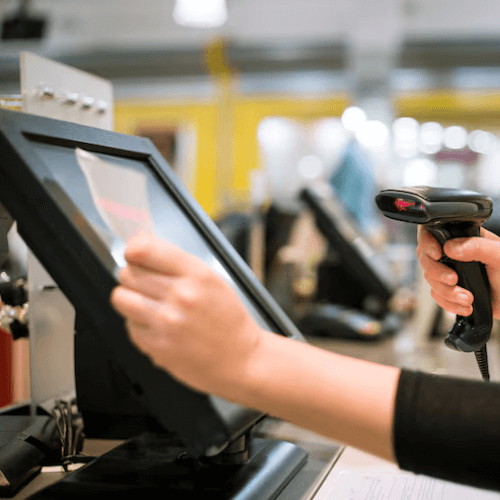
When your business is ready to scale, whether by opening new locations or upgrading multiple terminals, one of the most important decisions you’ll make is choosing the right POS supplier. A well-chosen POS system doesn’t just handle payments—it supports operations, improves customer experience, and grows with your business.
If you’re planning a bulk purchase of POS machines, especially in a growing market like Kuwait, this guide will help you navigate the selection process with confidence.
Start With Your Business Needs
Before comparing systems or negotiating prices, take time to understand your specific requirements.
Industry-specific needs:
POS systems aren’t one-size-fits-all. A retail store may need inventory management, barcode scanning, and loyalty program features. Restaurants might prioritize table-side ordering, kitchen order routing, and integration with food delivery platforms. Wholesale distributors often need bulk pricing capabilities, supplier management, and credit tracking.
Transaction volume and usage:
If your business experiences high foot traffic or seasonal surges, you need a robust system that can handle large volumes without lag or failure.
Locations and terminals:
Count how many devices you’ll need across all locations, including fixed terminals, mobile POS devices, and peripheral hardware.
Feature checklist:
Create a list of essential features such as inventory control, customer data tracking, sales reporting, employee scheduling, and support for different payment types. Consider integrations with accounting software, e-commerce platforms, and ERP systems.
Budget planning:
Don’t just think about upfront costs. Consider software subscriptions, transaction fees, installation, training, and long-term maintenance. For many businesses, allocating 5 to 10 percent of annual revenue to POS systems is a reasonable estimate.
What to Look For in a POS Supplier
Once your internal requirements are clear, it’s time to evaluate potential suppliers.
Industry experience and local expertise:
Work with suppliers that understand your business sector and have experience with large-scale deployments. For businesses in Kuwait, local providers often bring added value through familiarity with regional regulations and payment systems.
Reputation and support:
Research online reviews, case studies, and request references. Ask about customer support availability and onboarding services. A reliable supplier should offer training resources and a responsive support team.
Hardware and software compatibility:
Check if the POS machines are compatible with your existing systems or if a full package (hardware plus software) is offered. Many businesses now prefer cloud-based solutions due to their lower upfront cost, automatic updates, and flexibility for multi-location management.
Security and compliance:
Make sure the POS system is PCI compliant and supports encryption, user permissions, and secure data storage. This is especially important if you process a high volume of card payments.
Scalability:
Choose a POS system that can grow with you. Whether you’re adding new stores, increasing the number of terminals, or expanding into new regions, your system should adapt easily without requiring a complete overhaul.
Consider the Kuwait Market
If you’re purchasing a POS system for use in Kuwait, pay attention to the local business environment.
Local suppliers:
Companies like Zahabi offer solutions tailored to the Kuwaiti market. They often provide better support and can guide you through local compliance requirements.
Language and tax regulations:
Ensure that the POS system offers Arabic language support if needed and is compliant with Kuwait’s tax laws.
Banking and payment integration:
Check that the system integrates with popular Kuwaiti banks and local payment gateways to avoid transaction issues.
Availability of service and spare parts:
Access to local technical support and spare hardware can make a big difference when issues arise.
Explore our blog on the growth and insights of POS systems in Kuwait for more details.
Best Practices for Bulk Purchasing
When buying POS systems in large quantities, a strategic approach matters.
- Treat the relationship as a long-term partnership, not a one-time transaction
- Clearly define your technical specifications, delivery timelines, and expectations in a formal purchase order
- Standardize your internal purchasing process to minimize confusion
- Negotiate volume discounts and pay attention to hidden fees
- Test the system with a demo or trial before committing
Final Thoughts
A POS system plays a central role in your business operations. Choosing the right POS supplier for bulk purchases is about more than finding the lowest price—it’s about finding a reliable, scalable, and efficient solution that will support your business for years to come.
Whether you’re expanding across Kuwait or upgrading your infrastructure for the first time, taking the time to understand your needs and evaluate the right partners can make all the difference. With the right supplier, your POS investment becomes a growth enabler, not just a transactional tool.

